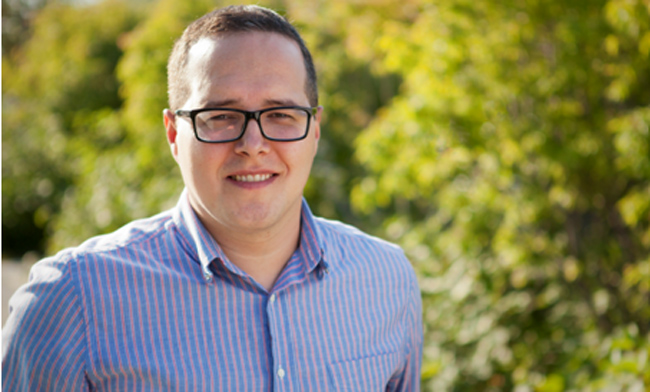Ask Dr. Mushquash: What’s the difference?

Welcome to “Ask Dr. Mushquash”.
I truly appreciate the response and interest my column has received on Anishinabek News! I look forward to addressing your questions and topics so please keep writing in. In this article, I am going to address a question that I am often asked: What is the difference between a psychologist and a psychiatrist?
What is a Psychologist?
Psychologists are trained to assess, diagnose, and treat difficulties in thoughts, feelings, and behaviour. We have education in helping people manage problems they are experiencing, and in many cases, overcome these problems. Psychologists do not have the right to prescribe medication. Psychologists are specially trained to use psychological tests, which are used to help determine what someone’s strengths and weaknesses are and help determine the best course of treatment. There is also usually a training focus on skills development in research and statistics. Psychologists’ services are not covered by the provincial health plan but if they work in a hospital or other public service setting (e.g., public mental health service), you can see them at no charge. Many psychologists work in private practice on a fee-for-service basis.
There are a number of pathways to becoming a psychologist. The most common way to become a psychologist is to complete an undergraduate degree in psychology (for example, a Bachelor of Arts or a Bachelor of Science) and then a doctoral degree (usually a PhD) in clinical psychology. Some psychologists (like me) have completed a Master’s degree as well. Overall, those wishing to become a psychologist can expect to be in university for a minimum of 8-10 years and quite often even a few years longer than that.
After all the university schooling, psychologists get registered with their provincial regulatory body. In Ontario, the provincial regulatory body is called the College of Psychologists of Ontario[CM1] . Registration requires an additional year of supervised practice and examinations in general psychology knowledge, ethics and law, and an oral examination with a board of examiners. After passing these final three exams and completing 1500 hours of additional supervised practice, you can legally use the title “psychologist”. Most provinces have their own provincial regulatory bodies. Psychologists can only provide services in the province they are registered in.
For more information: http://www.cpa.ca/public/whatisapsychologist/
What is a Psychiatrist?
Psychiatrists are physicians (medical doctors) with additional training in the causes, diagnosis, treatment, and ongoing care of people with mental health difficulties. Their approach can involve medical tests, and sometimes medication. Psychiatrists have an undergraduate degree and then go to medical school to obtain a medical degree (MD). After medical school, they specialize in psychiatry, in a similar way that another physician might specialize in family medicine, oncology, or pediatrics. Psychiatrists sometimes have expertise in behavioural and psychological treatments as well. Psychiatrists are covered by the provincial health care plan and have the legal right to place people in the hospital if they are at high risk of hurting themselves or someone else.
For more information:
http://www.cpa-apc.org/browse/documents/16
Ideally, psychologists and psychiatrists collaborate closely to ensure the highest quality of patient care that brings together the unique skill sets of both professions. I have had the honour of working with some excellent psychiatrists!
It is important to note that Ask Dr. Mushquash is an educational tool and is not meant as treatment or a substitute for professional advice. Dr. Mushquash cannot provide psychological services through the column or arrange referrals or emergency care through this site. If you are in need of immediate help, please contact your local health centre, hospital, mental health worker, or crisis response. Medical questions or concerns should be directed to your nurse or family physician. We also have an ethical and legal obligation to report any suspicion of physical, sexual, or emotional abuse to the appropriate authorities.
For more information on Dr. Mushquash’s research, please visit his website: http://mushquash.lakeheadu.ca or follow him on Twitter: @DrMushquash
[CM1]Hyperlink: http://www.cpo.on.ca/


